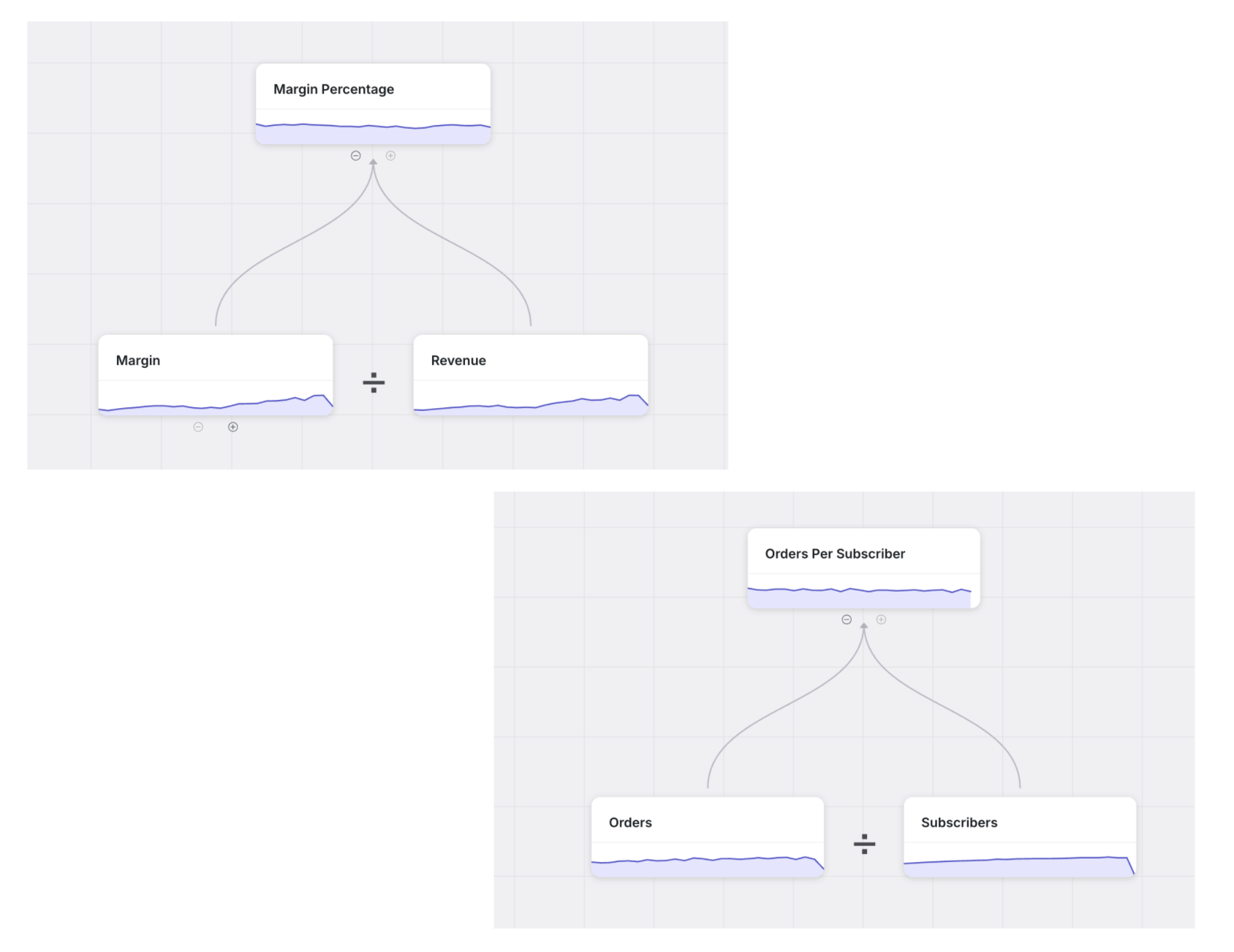The startup story goes: you struggle early on to find product market fit and then you find IT - the growth unlock happens, momentum builds - it’s up and to the right. Now just pour fuel on the fire, push the pedal to the metal, start crushing it, blitzscale!
The reality is that even after initial traction and “product market fit”, it isn’t a glide path. Or more precisely - startups are likely to experience periods of growth after which a phase transition is necessary, a discontinuity (often unpleasant) needs to happen to keep the growth process alive.
I experienced these phase transitions intimately at Rent the Runway - from the early founder driven scrappy, growth phase to product-led growth to pricing-led and then via the expansion of products. And this phenomenon isn’t isolated to business metrics growth - there were several of these growth transitions at every important function in the org - from engineering to operations to finance.But instead of being exciting moments in the organization’s growth journey (which these phase transitions are in retrospect), I did not have a mental model for why these are so hard to achieve until I heard Bob Tinker's elegant framing of “learning and unlearning”. As he explained it in a talk yesterday - the skills, the tactics, the muscle memory you build during a specific phase of growth has to be unlearned for the next phase of growth. A re-wiring and re-learning needs to take place. And while unlearning sounds like a sexy future-of-work phrase we can all get behind, it’s really painful to go through as it’s fundamentally ego-deflating for the individual. You have to remove a part of yourself, your skillset, your identity to rebuild something new. It’s no wonder this is hard to pull off at an organizational level.
With this framing, a few other experiences resonate. It’s clear why at growing startups - the star early leader sometimes “doesn’t scale” - that is, they are unable to unlearn and relearn. Why at the same growing startup, hiring an external leader can fail - they are unable to unlearn prior experiences and adapt to the new. Why Jennifer Hyman encouraged everyone at Rent the Runway to evolve and be a different contributor or leader over time. Why “change management” is a discipline unto itself at large enterprises - you are re-wiring a large scale organization with decades of muscle memory.Maybe if we talked about this openly and repeatedly as a normal part of organizational growth, if we normalize this, phase transitions become less painful and more organic?







